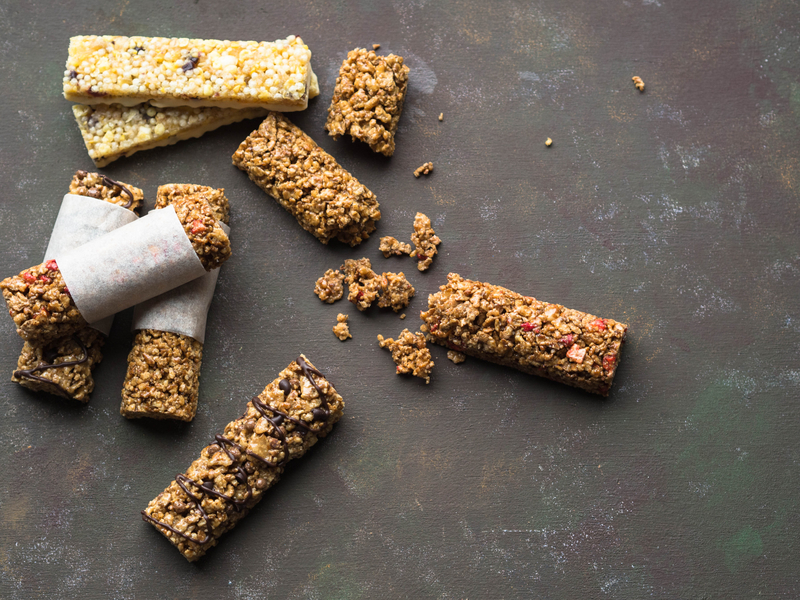Shorter term survival situations are the type of crisis we are far more likely to experience and as such, a premium can and should be placed on ease of preparation and taste.
They differ from longer-term survival situations in that the longer-term food stocks should be more geared towards basic nutritional survival (these are nutritious, but not necessarily over a long period of time.)
• Dehydrated food and freeze dried food: These two survival foods are some of the best foods for emergency food storage because of their long shelf life. Dehydrated food contains very little moisture because during production about 95 percent of its moisture is removed. Once the dehydration process is done, the food is put into airtight packages or containers to protect its quality and keep it from spoiling. Dehydrated food is lighter and usually takes up less space and last longer than non-dehydrated food. Depending on the types of food and packages, dehydrated food can last anywhere from 15 to 20 years. Freeze dried food can last up to 30 years.
• Canned food: The most popular cans for storing food are tin-coated steel or aluminum can because they are cheaper to make. Both of the cans do a good job keeping the food fresh but overtime the cans are vulnerable to corrosion. Glass jars are usually better at storing food than cans and plastic packages. Unfortunately, they are harder to find because they are more expensive to make. Glass jars are usually better for non-commercial packaging which is why it is popular at homes. Canned food does not last as long as dehydrated and freeze dried food but it is cheaper. For best shelf life, store canned food in a cool place with little moisture.
• Food bars: These specially formulated nutrition bars are non-thirst provoking and are usually high in protein, vitamins and minerals. Protein, vitamins and minerals are crucial for survival because without them your body will start to breakdown.
• Canned processed fruit or vegetable: They are not the healthiest fruit and vegetable but will do the trick to keep you alive. Canned fruits and vegetables have a longer shelf-life than regular fruits and vegetables but still do not compare to dehydrated food. Depending on the room temperature, canned fruits and vegetables can last up to 6 months.
Food tips
• Before microwaving or heating dried food, sprinkle some water on top of it to bring back some of its natural textures.
• Consume foods that are perishable first before moving to the non-perishable food. Milk, cheese, beef, poultry, fish, bread, fruits, vegetables and eggs are some examples of perishable food.
• If you have a way to freeze food, do so because it will extend its shelf-life.
• Most canned food should be eaten within a year or before the expiration date.
• Keep oils in dark containers or places to extend their shelf-life.
• If possible, store food in airtight containers because oxygen can spoil the food quicker.
Each of these foods are nutritious and fun to eat, even if you have to eat them several times over until normalcy is restored.
They differ from your regular food cache (although can be part of it) in that each is an “in a pinch” type food as opposed to longer-term “made from scratch” foods that are geared towards ensuring the nutritional needs of you and your family are met over an extended period of time.
To learn more about preparing for shorter-term emergencies, please visit Energy Fanatics.
